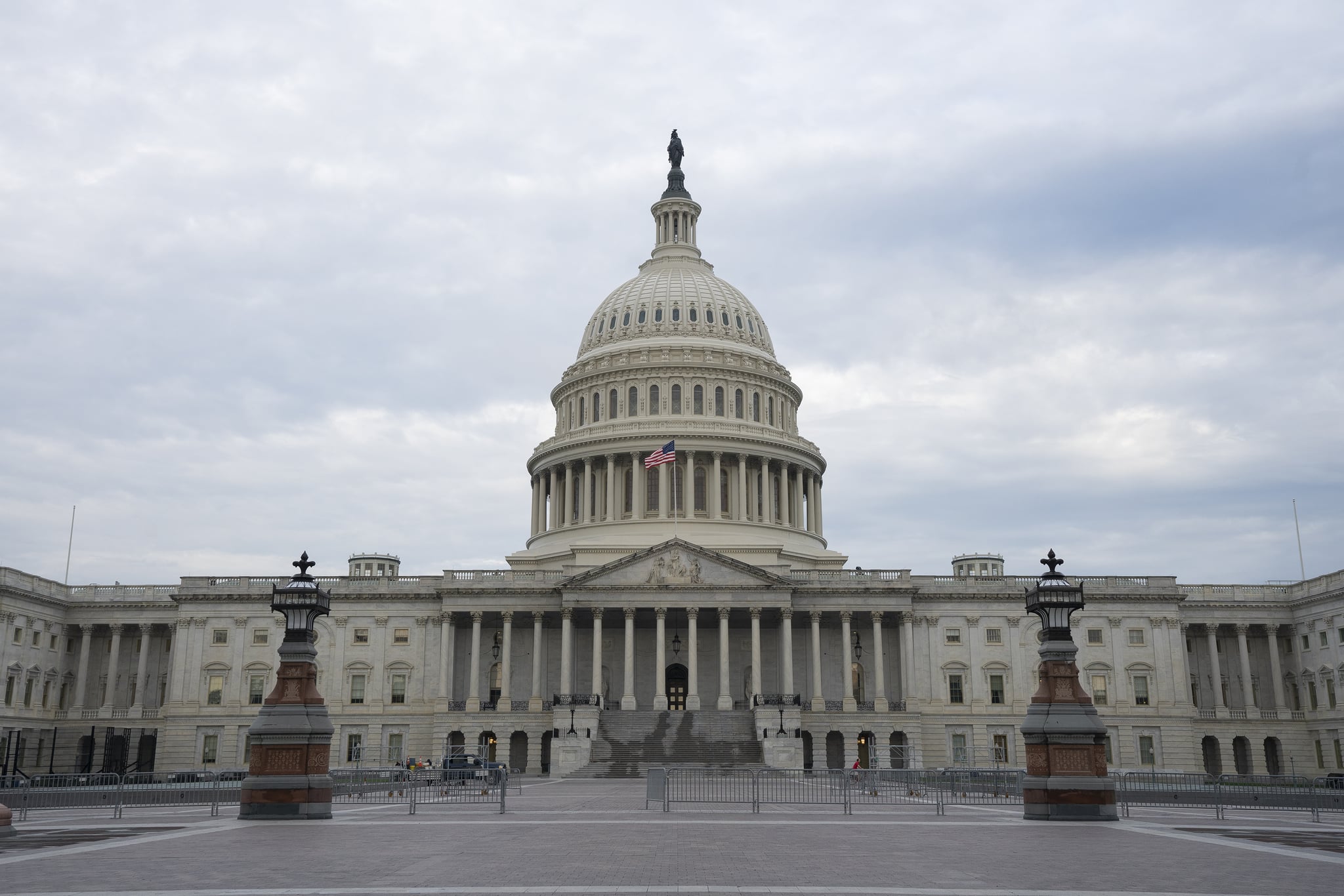Congress has been abuzz with ways to take action against President Trump for his incendiary actions in regards to last week’s Capitol riot. Most notably, House Democrats have just introduced an article of impeachment against Trump; they’ve also called for Vice President Mike Pence to utilize the 25th Amendment, which would allow Pence to take office. Of course, there’s no perfect solution to the president’s actions: the two main concerns are that an impeachment trial won’t garner enough votes for conviction in the senate, therefore making it a slap on the wrist; and that it would undermine Joe Biden’s first days in office. Bureaucracy aside, what many can agree on is that the president can’t walk away from his actions unscathed.
Congresswoman Eleanor Holmes Norton, a Democrat who represents Washington DC, will be introducing a resolution to censure Trump for his actions. As Norton put it, “Censure is the only remedy that can pass both chambers immediately and, unlike impeachment, will not delay President-elect Biden’s agenda in the Senate.” According to CNN, some Republicans are privately discussing censure as well — a sign that bodes well for bipartisan agreement.
But what exactly does a formal censure mean, and what consequences would it have? Let’s take a look.
What Is a Censure?
A censure is a formal statement of disapproval, sometimes referred to as a condemnation or denouncement. It’s provided by Article I, section 5 of the US Constitution. Unlike impeachment, censure requires a simple majority vote — much easier to come by than a two-thirds majority, particularly this year in the Senate.
How Is Censure Different From Impeachment?
Censure pales in comparison to impeachment. There is no action taken against a censured individual; it’s simply a formal statement of disapproval. Additionally, a censure can be introduced and independently voted on in either house (or both), whereas impeachment must be passed by both houses of Congress.
Norton is calling on both bodies in Congress to censure the president, but hypothetically, the president could be censured by the House of Representatives, but not the Senate. Lastly, unlike impeachment, the House of Representatives and the Senate can censure their own members as well. (The Congressmember equivalent of impeachment is expulsion, which requires a two-thirds majority vote.)
Are There Any Other Consequences of a Censure?
Technically, a censure has no material consequences. A censure does not remove an official from office, nor deny them any of the rights and privileges of their position. The easiest way to think of it is as a form of public shaming. Censure “can have a powerful psychological effect on a member and his/her relationships,” according to the Senate’s website, but as always with Trump, that remains to be seen.
Have Presidents Been Censured Before?
Censuring a president is nothing new: according to a 2019 report by the Congressional Research Service, movements to censure have been brought against 14 presidents, with four of them passing. Andrew Jackson is considered to be the most famous censure case, when he refused to provide documents related to the removal of deposits from the Second Bank of the United States in 1834. William Howard Taft was the last US president to be censured in 1912 for trying to influence a disputed Senate election. After that, censure movements were brought against several more presidents, with a resurgence in popularity during Nixon’s term that carried forward to modern-day politics. Clinton, Bush, and Obama each received three censure movements, but all of them were referred to committees, where they subsequently died. So far, two censures have been brought against Trump in his term. If this censure passes, he’ll be the first US president to be formally censured in over 100 years.
What Will Happen If Trump Is Censured?
Honestly, not much. If the censure passes, it will be a formal, public condemnation of his actions in regards to the Capitol riots. While many would argue that censure isn’t a proportional punishment in regards to Trump’s actions, others would refute that it’s unfortunately the only form of punishment likely to pass both the House and Senate. The question is no longer whether Trump should be condemned for his incendiary actions; it’s how he can be punished in a way that will be successful and unimpeded by the Republican-led Senate.
Source: Read Full Article

